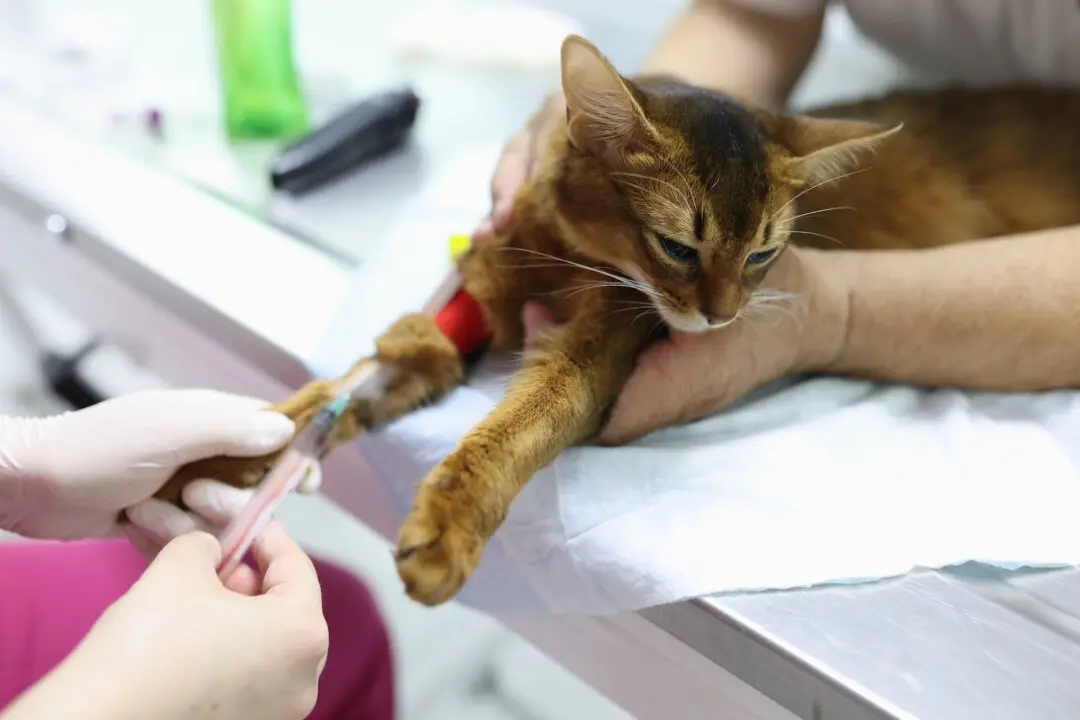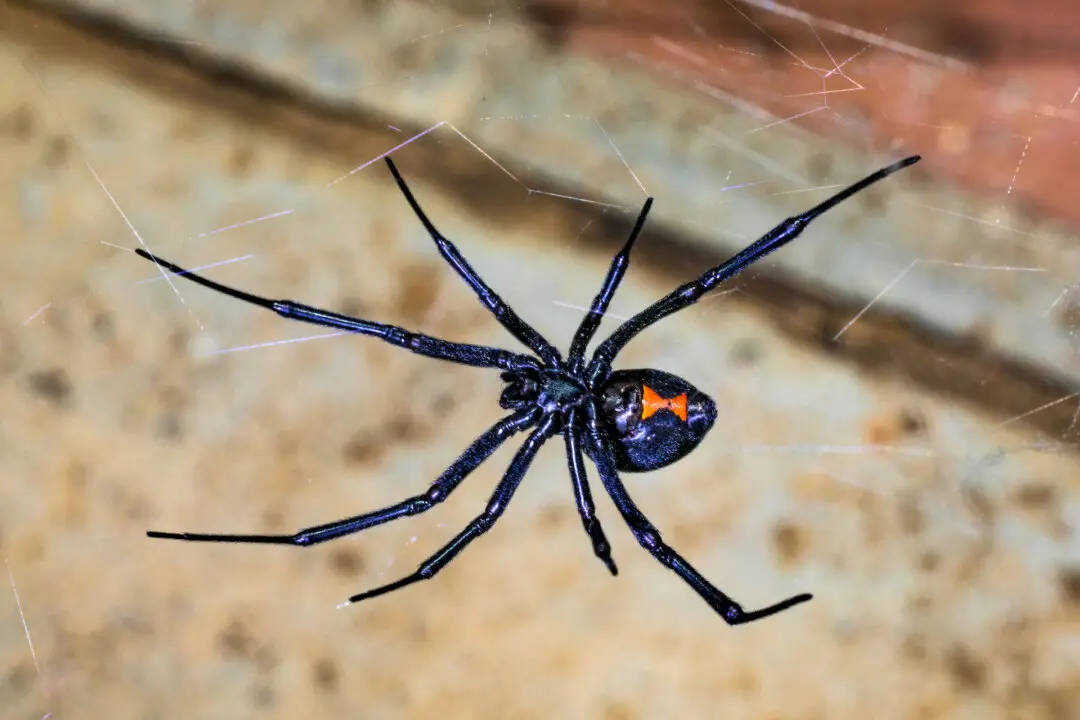Q: My cat BarB—so named because I found her as a kitten hiding under my barbecue grill—now lives in my house and doesn’t venture outdoors. Her veterinarian insists she needs rabies vaccination. Why is this necessary, if she’s a committed homebody?
A: BarB should be vaccinated for rabies to protect herself and you from the deadly disease.





